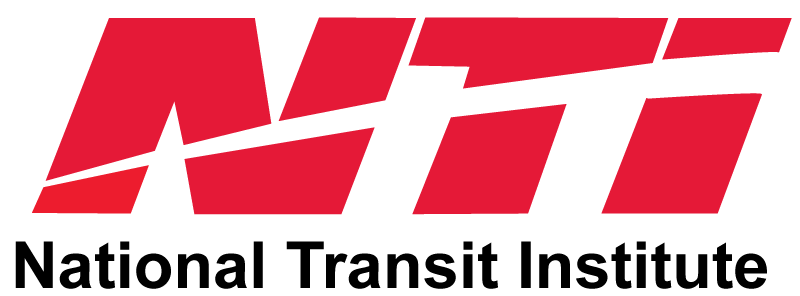No Deliveries Currently
Please keep checking back.
Description:
Federal transportation planning requirements have long called for the development of continuing, cooperative, and comprehensive metropolitan and statewide transportation planning processes. These processes include the development of long range transportation plans, metropolitan area transportation improvement programs (TIP), and statewide transportation improvement programs (STIP). The TIP and the STIP identify investments and strategies to implement the long range plans. The metropolitan long range plan, the TIP and the STIP must include financial plans identifying the source of funds from public and private sectors that can reasonably be expected to be available to carry out the policies, strategies, and investments identified in these planning documents. In addition, they must be fiscally constrained to demonstrate that identified policies, strategies, and projects can be implemented using revenues that are currently available or that can reasonably be projected for the future. In order to meet these requirements, transportation planning professionals need to know how to develop a sound financial plan that identifies funding sources for needed investments, and demonstrates the reasonably reliable means to maintain and operate the existing federally funded transportation system. The Federal Transit Administration and the Federal Highway Administration have joint oversight authority to ensure statewide and metropolitan planning processes including the development of the long range transportation plan and the metropolitan and statewide transportation improvement programs adhere to applicable federal laws and regulations.
Note that this course does not focus on the special financial planning requirements for New Starts projects.
Audience:
Metropolitan Planning Organization, State Department of Transportation, and transit agency planning staff and financial analysts who are involved in the preparation of long-range transportation plans and improvement programs and the development and/or review of fiscal constraint documentation.
Objectives:
Upon completion of the course, participants will be able to:
- List the federal requirements related to developing financial plans and demonstrating fiscal constraint as part of the transportation planning and programming process
- Develop reasonable revenue forecasts
- Identify and project the different types costs associated with maintaining existing transportation assets and building new capacity
- Discuss the causes of revenue and cost uncertainty
- Align revenues and expenses to demonstrate fiscal constraint
- Explain the mechanics of financing and transportation financing instruments
- List the potential benefits and considerations associated with public private partnerships and alternative project delivery strategies
- Review best practices for developing fiscally constrained plans
Length: 3 days
CEUs: 1.90
Contact:
Andrea Dixon
andrelam@nti.rutgers.edu
